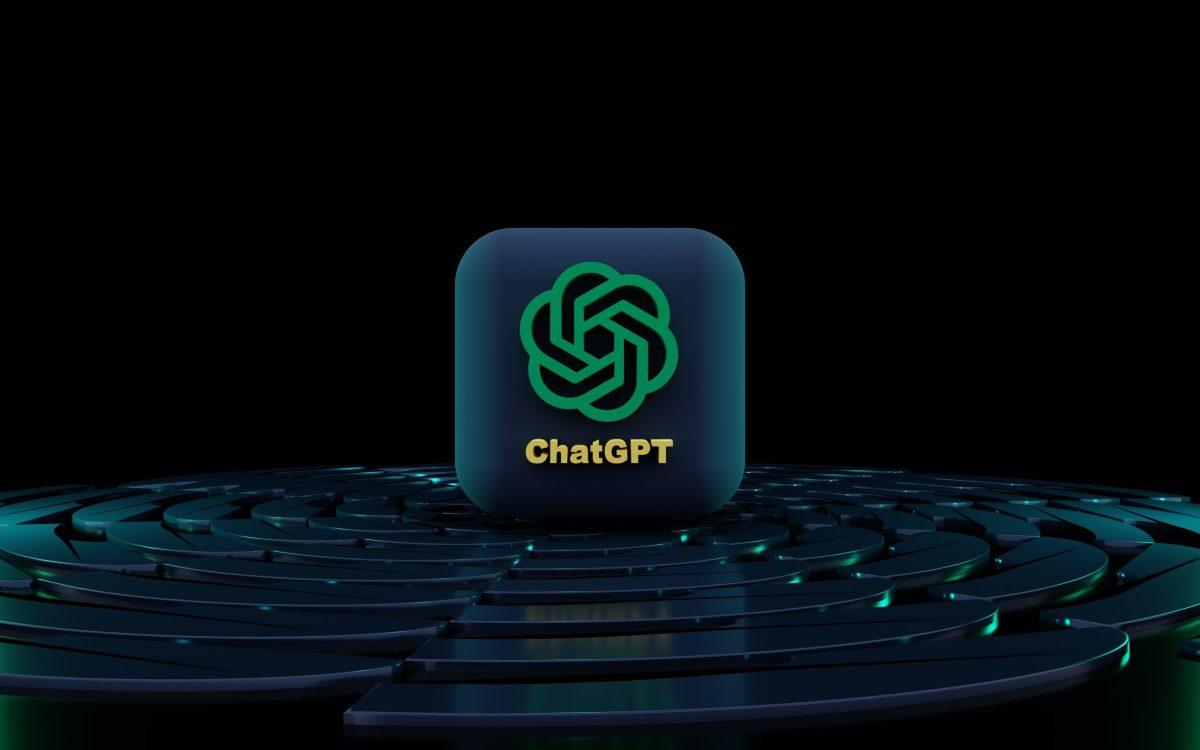The rise of ChatGPT and other AI tools has been transformative in recent years, offering researchers and professionals unparalleled access to information and streamlining workflows. ChatGPT, in particular, has proven useful in academic and professional settings, with its ability to generate coherent and grammatically correct text, making it a valuable tool for writing reports, essays, and other documents. AI tools can also assist in data analysis, identifying patterns and relationships that might not be immediately apparent to human analysts. However, the use of AI tools in academic and professional work also presents potential risks, such as a reduction in critical thinking and creativity, and ethical concerns around decision-making processes. Despite these challenges, AI tools continue to play a vital role in enhancing productivity and supporting innovation in academic and professional work.
ChatGPT wrote that astoundingly mediocre opening paragraph. There’s nothing wrong with it on a factual basis, but the way it’s written is mechanical and filled with jargon. I would never write that paragraph, much less use that paragraph to start an article that I hope people will read. This is why I am so hesitant when people claim that ChatGPT can replace work written by real people, especially work that requires any modicum of creativity. I’m even skeptical when people say that a professor or teacher wouldn’t recognize AI-generated writing, or would ever give it a passing grade. Anyone can write a paper that states facts or cites other papers, but what makes all writing — academic, journalistic or creative — good, is diversity and originality, which ChatGPT undoubtedly lacks.
Of course, ChatGPT isn’t completely stupid. It has passed advanced business school and law school exams, AP exams and the bar. I also believe that if I had access to thousands of practice exams and all of the information I was being tested on (which ChatGPT does), I could pass those exams too (maybe not with an A). Realistically, most of these exams would be taken closed book, because their goal is to test your ability to recall information accurately, yet people seem to forget this almost immediately when presented with dazzling statistics about ChatGPT’s intelligence.
ChatGPT is also skilled at coding and data analysis, leading to predictions that it will make jobs that require those skills obsolete. This fear also ignores the human thought processes that make people effective at these jobs. ChatGPT is also biased, as it was trained on data reflecting human biases — here’s a recent Tweet demonstrating how the model repeatedly denies that a woman can be a doctor. It is also not always correct, even when it comes to basic facts or calculations. I honestly believe the current iteration of ChatGPT would be a really poor replacement for a human data analyst or software engineer. The debate reminds me of an IBM slide from 1979 that states “A computer can never be held accountable, therefore a computer must never make a management decision.” ChatGPT can never be held accountable, so it should never make a management decision, or any decision with real world implications at all.
I believe ChatGPT’s true utility is not that it might replace us, but that it can make our lives demonstrably easier. It is exceptional at drafting emails and summarizing long pieces of text, two tasks which I use it for frequently. It is also decent at some mathematical operations and getting a quick brief on a certain topic. This is why I love ChatGPT, despite its biases and limited capabilities. It’s hard not to love something that makes these mundane tasks easier, or takes care of these tasks for me altogether. Janelle Shane captures these sorts of feelings really well in her 2019 book on artificial intelligence, titled “You Look Like a Thing and I Love You.” ChatGPT looks like a “thing,” it can have conversations with me, give me advice and help me out with daily tasks. It’s like having an assistant, or someone to bounce ideas off of. I appreciate what ChatGPT can do for me, not what it can do instead of me.




